Fiji
Fiji Standard Time (FJT), UTC+12
Daylight saving time is observed from November to January (Fiji Daylight Time - FJDT)
Sunrise ~06:00, sunset ~18:00
Fijian Dollar (FJD), symbol “$”
ATMs and credit cards accepted throughout major towns and cities
US Dollar (USD) is also widely accepted in some places
Tipping is appreciated, especially in restaurants (10-15%)
October 10 – Fiji Day (marks Fiji’s independence from Britain in 1970)
Celebrations include parades, cultural performances, and fireworks across the islands
Visa-Free Countries
Visa on Arrival Countries
E-Visa Countries
Visa Required Countries
Culture
Fijian culture is deeply rooted in the traditions of the Indigenous Fijians and the influence of Indo-Fijians, who brought their own cultural practices to the islands. Fijian society values family, respect for elders, and communal living. Traditional Fijian music and dance, including the meke (a form of storytelling through dance) and choral singing, play a significant role in cultural celebrations. Fijian cuisine is influenced by indigenous ingredients like taro, cassava, and coconut, along with dishes brought by Indian settlers, such as roti and curry. Fiji also celebrates a variety of religious festivals, with Christianity being the dominant religion, and Hinduism and Islam also practiced.
- Music & Dance: Meke (traditional Fijian dance) and choral singing are popular, with the Fiji International Jazz and Blues Festival attracting global talent.
- Language & Identity: English is the official language, with Fijian and Hindi spoken by various communities.
- Crafts & Art: Traditional crafts like tapa (cloth made from tree bark) and pottery are popular, with intricate designs often representing Fijian heritage.
- Cuisine: Fijian dishes like kokoda (Fijian ceviche), palusami (taro leaves cooked in coconut milk), and Indian-influenced curry dishes reflect the multicultural population.
- Religion & Customs: Christianity is the largest religion, but Fijians also celebrate Hindu and Muslim festivals like Diwali and Eid al-Fitr.
Tourism & Best Sites to Visit
Fiji is renowned for its crystal-clear waters, white sandy beaches, and vibrant coral reefs. Visitors can enjoy a range of activities from relaxing beach holidays to thrilling underwater experiences. The islands offer a perfect blend of natural beauty, culture, and adventure.
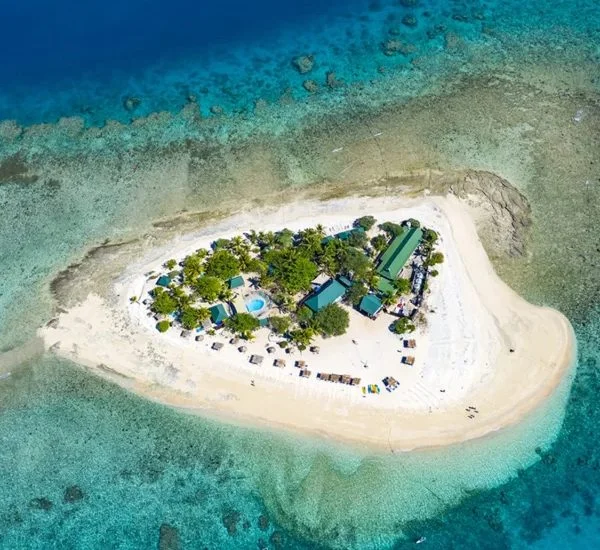
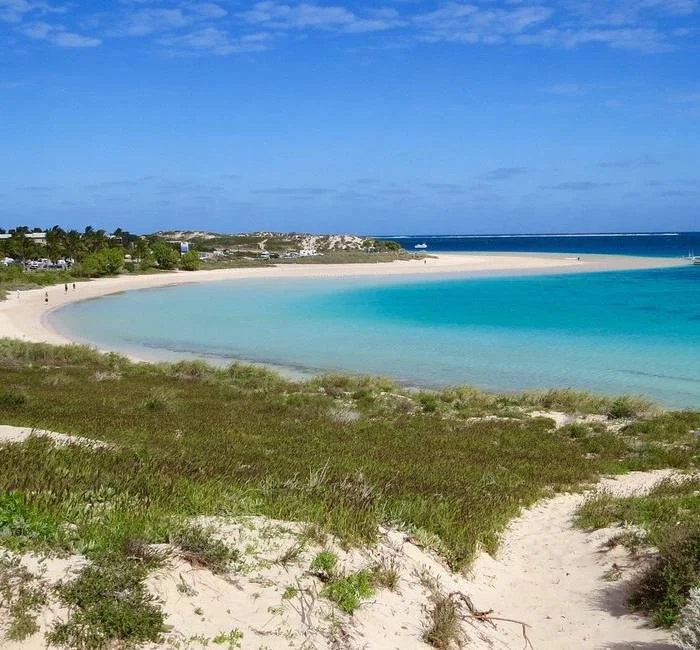
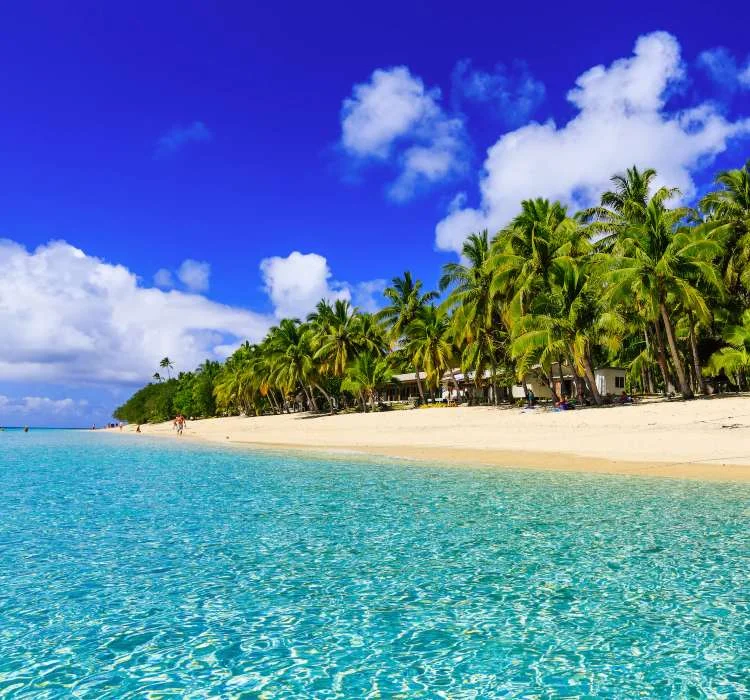
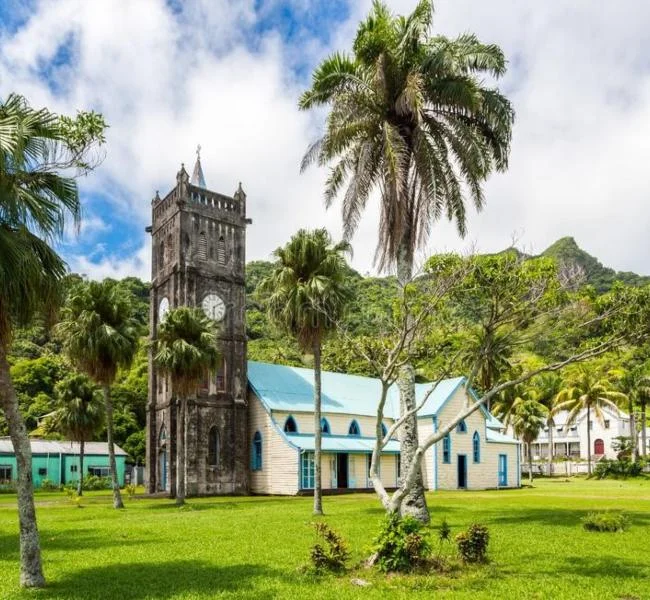
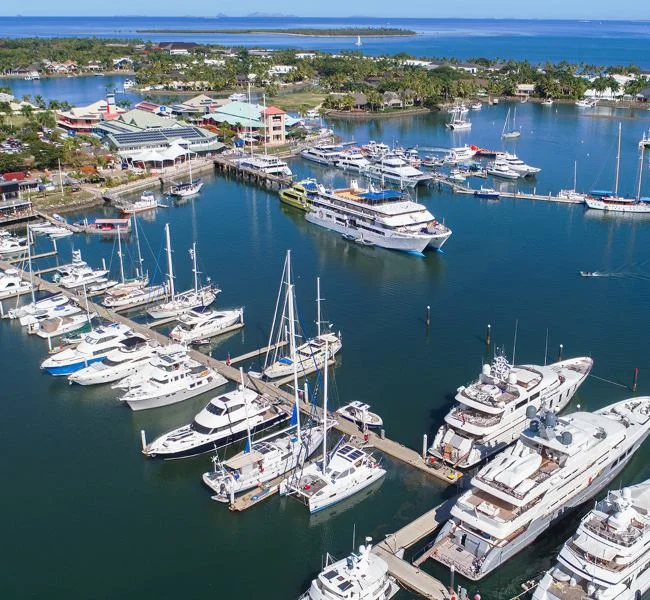
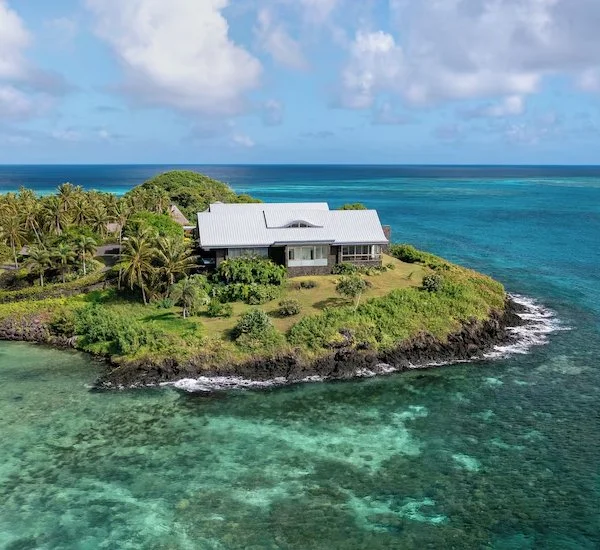
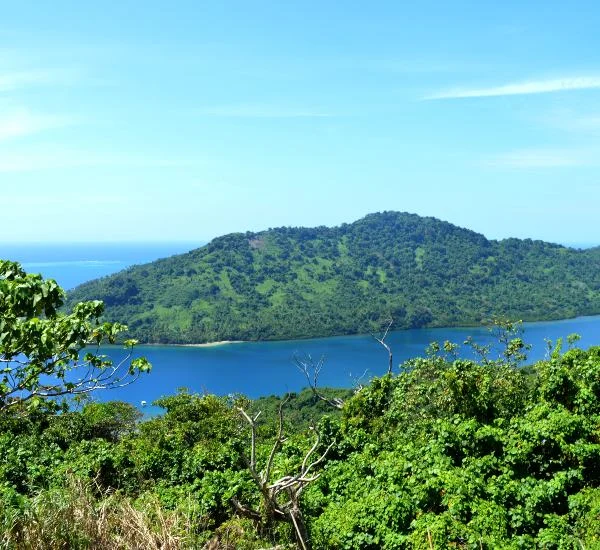
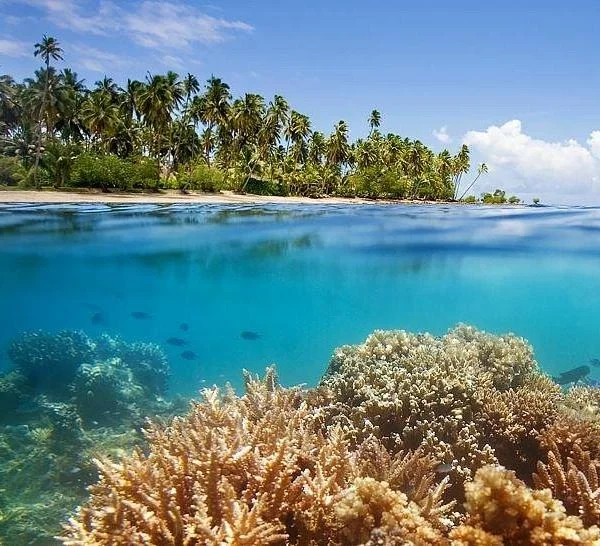
-
Mamanuca Islands
The Mamanuca Islands are a group of picturesque islands off the coast of Nadi, famous for their clear turquoise waters, pristine beaches, and coral reefs. These islands are ideal for snorkeling, diving, and surfing, and are home to luxury resorts and private island getaways. The islands are also a great spot for relaxation and exploring traditional Fijian culture. -
Coral Coast
Located on the southern coast of Fiji's main island, Viti Levu, the Coral Coast is known for its beautiful beaches, coral reefs, and cultural attractions. Visitors can enjoy snorkeling, diving, and exploring the nearby Sigatoka Sand Dunes National Park. The area is also home to several resorts offering traditional Fijian experiences, including village tours and cultural performances. -
Suva
The capital of Fiji, Suva is a bustling city known for its colonial architecture, vibrant markets, and cultural attractions. Visitors can explore the Fiji Museum, which houses artifacts from the country’s Indigenous and colonial history, or visit the Thurston Gardens for a relaxing walk among tropical plants. Suva is also a gateway to nearby islands and offers a taste of Fijian city life. -
Levuka
Levuka, located on Ovalau Island, is Fiji's first colonial capital and a UNESCO World Heritage site. The town retains much of its historical charm with old wooden buildings, including churches, post offices, and government buildings. Visitors can explore Levuka’s colonial history, enjoy the beautiful beaches, or hike to the top of nearby Mount George for panoramic views of the island. -
Port Denarau
Port Denarau is a popular tourist destination located on the western coast of Viti Levu. It is the gateway to the Mamanuca and Yasawa Islands and offers a wide range of activities, including boat tours, fishing, and water sports. The area also features a large shopping complex, resorts, and restaurants, making it a great place to relax before heading to the nearby islands. -
Wakaya Island
Wakaya Island is a luxury private island located in the Lomaiviti Islands, known for its pristine beaches, clear waters, and exclusive resorts. Visitors can enjoy activities such as snorkeling, diving, and hiking through the island’s lush tropical forest. The island is also home to the Wakaya Club & Spa, a luxury retreat offering gourmet dining and spa services. -
Beqa Island
Beqa Island, located off the southern coast of Viti Levu, is famous for its coral reefs, clear lagoons, and the opportunity to swim with sharks. The island is also known for its traditional Fijian culture and is home to several resorts offering beachfront accommodations and authentic cultural experiences. Visitors can take part in village visits and enjoy a relaxing island atmosphere. -
Vanua Levu
Vanua Levu, Fiji’s second-largest island, is known for its rugged terrain, beautiful beaches, and vibrant culture. Visitors can explore the island’s lush rainforest, enjoy snorkeling in the coral reefs, or visit the town of Labasa to experience local life. The island is also a hub for eco-tourism and offers hiking, bird-watching, and cultural tours.
Transportation
Fiji’s transportation system is centered around air travel, ferries, and local taxis. Visitors can easily travel between the main islands, Viti Levu and Vanua Levu, by domestic flights or ferry. Taxis, rental cars, and public buses are available on the main islands for local transportation. The country’s scenic routes are perfect for exploring by car, and taxis are a convenient way to get around the major cities.
- Taxis: Taxis are available in cities like Suva and Nadi; fares should be agreed upon before departure for longer trips.
- Rental Cars: Available at major airports and throughout Fiji; ideal for exploring the islands and scenic routes.
- Public Buses: Public buses operate mainly on the main islands, though they are less frequently used by tourists.
- Ferries: Regular ferries operate between Fiji’s main islands, including services to the Mamanuca and Yasawa Islands.
- Domestic Flights: Fiji Airways and other local carriers operate flights to several islands, including Vanua Levu and the Mamanucas.
Airports
Fiji is served by several international and domestic airports. The largest and busiest airport is located in Nadi, with other key airports on Fiji’s major islands.
- Nadi International Airport (NAN): The main international gateway to Fiji, offering flights from major cities around the world, including Australia, New Zealand, the United States, and Japan.
- Suva Nausori International Airport (SUV): Serving the capital city of Suva, this airport handles both domestic and limited international flights, particularly to New Zealand and Australia.
- Labasa Airport (LBS): Located on Vanua Levu, this regional airport offers flights to and from Nadi and Suva.
- Savusavu Airport (SVU): Serving the northern region of Fiji, this small airport connects to Nadi and Suva, offering domestic flights for tourists.
Visa & Travel
| Nationality/Region | Entry Status | Max Stay | Key Requirements |
|---|---|---|---|
| USA, Canada, UK, EU, Australia, New Zealand | Visa Free | Up to 4 months | Valid passport, return/onward ticket |
| Other countries | Visa Required | Varies | Apply at Fijian consulate; tourist visa required |
| Transit (all nationalities) | Transit Allowed | Up to 48 hours | Confirmed onward ticket |
Health: No mandatory vaccinations unless arriving from a yellow fever-endemic country. Recommended vaccinations include hepatitis A and B, typhoid, and routine immunizations.
Customs: Duty-free items include 250 cigarettes, 2 liters of spirits, and gifts up to FJD $500. Restrictions apply to agricultural products and firearms.
Safety Tips: Fiji is considered a safe destination for tourists. Exercise standard precautions, especially in remote areas and at night.
Money Matters: The Fijian Dollar (FJD) is the official currency, but USD is accepted in some areas. ATMs are widely available, and credit cards are accepted in most tourist areas.
Etiquette: Fiji is known for its warm hospitality. Greet people with “Bula!” (hello) and show respect for local customs, especially during religious ceremonies and village visits.
- Asia
- Singapore
- Japan
- South Korea
- Africa
- Seychelles
- Mauritius
- South Africa
- Contact:
- Address: Eighth Avenue Place, East Tower, 525 8 Avenue SW Suite 3200 Calgary, Alberta T2P 1G.
- Email: Info@theazmip.com
- Number: +12812363495
Travel the World Without the Burden of Visa Applications, as TheAzmip.com Connects You to the Best Visa-Free Destinations.
- North America
- United States
- Canada
- Mexico
- Oceania
- Australia
- New Zealand
- Samoa

